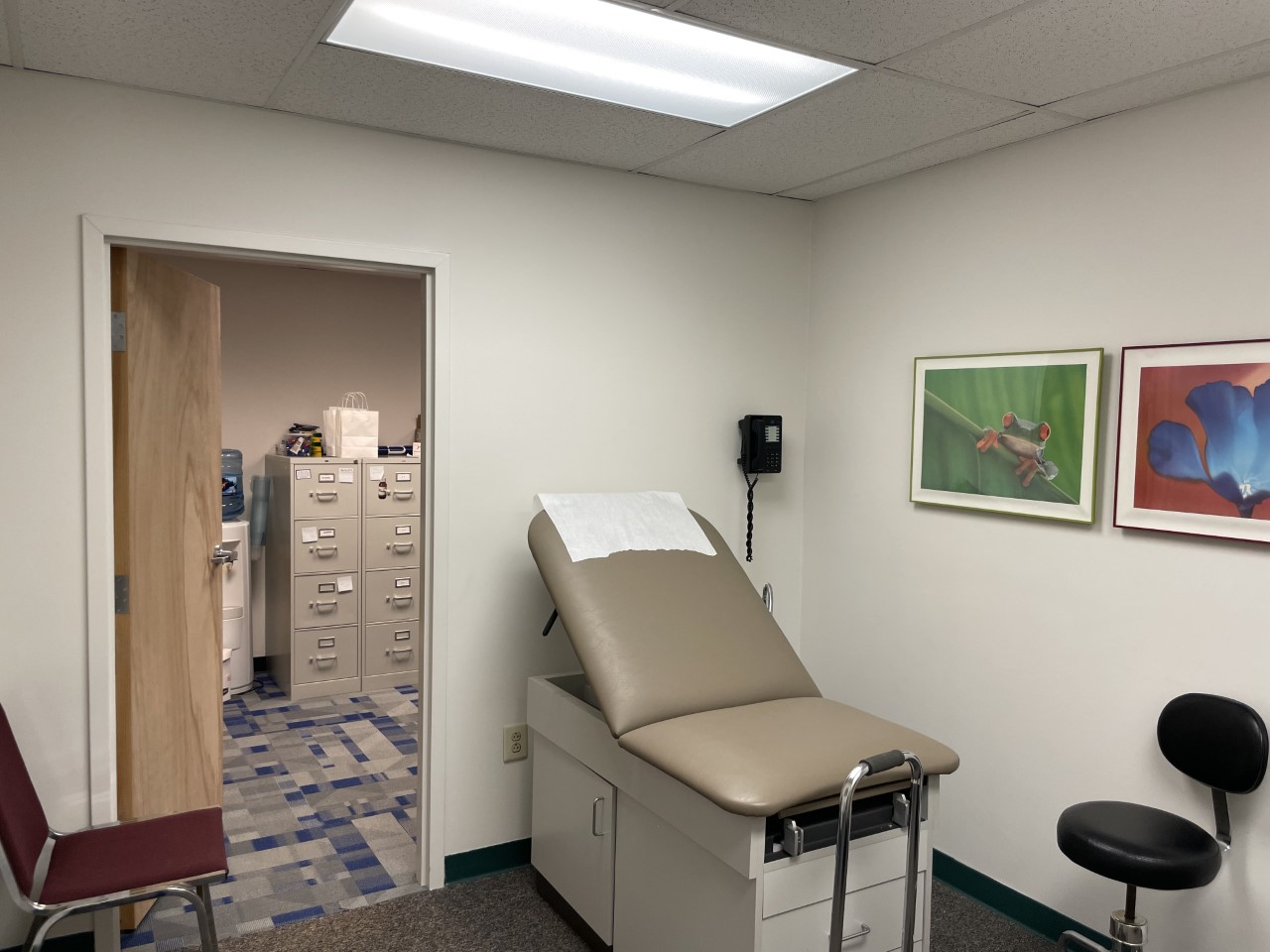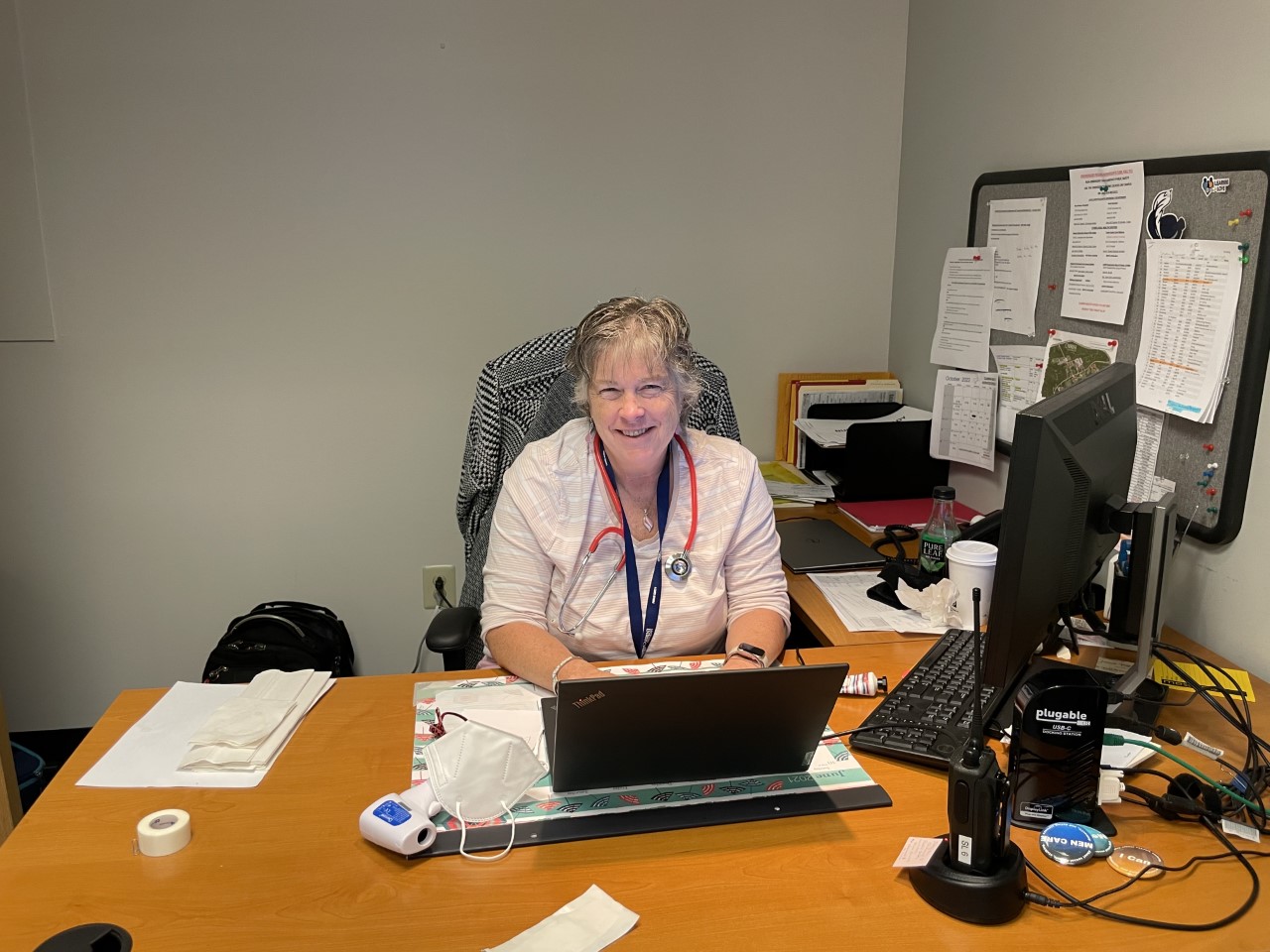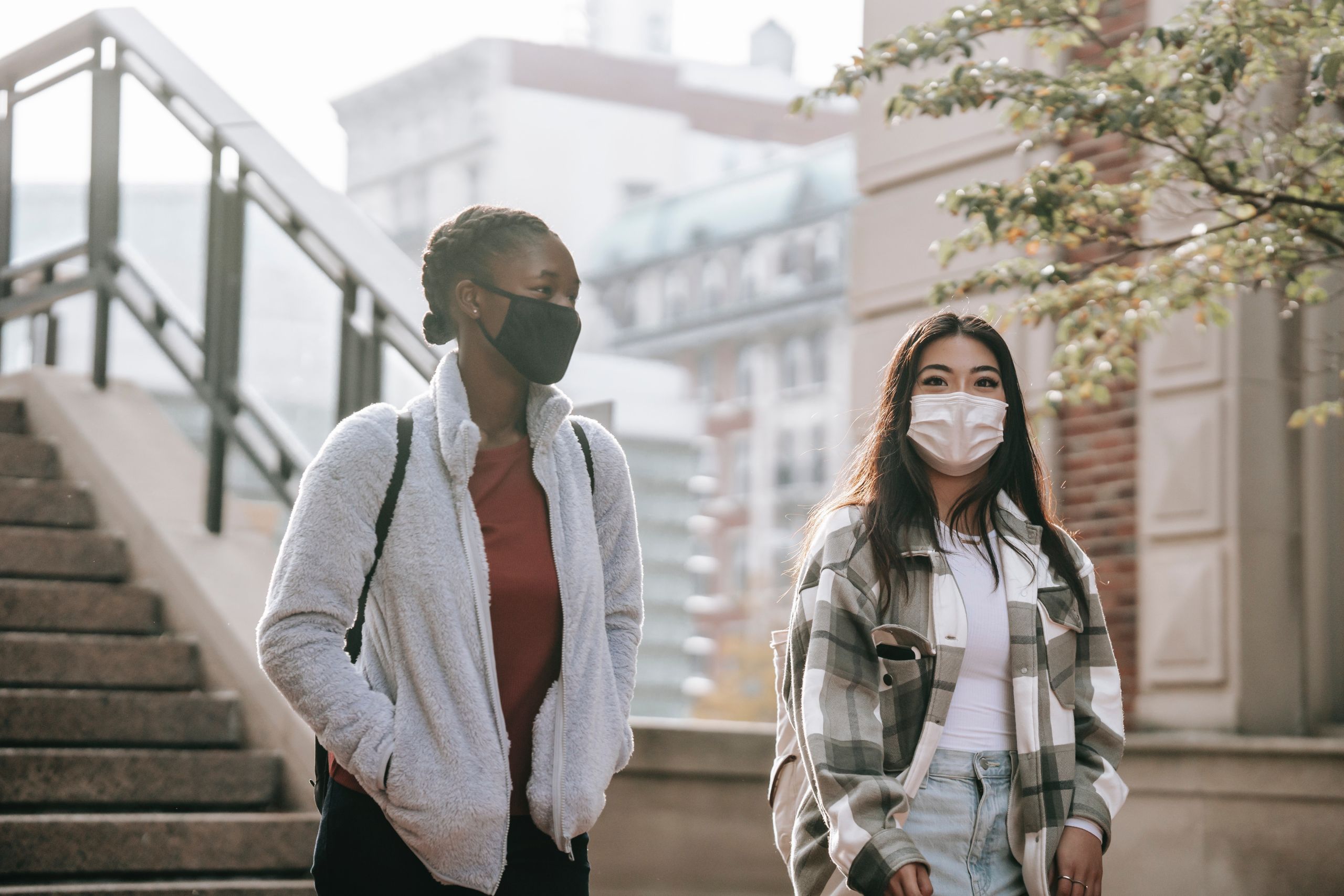The COVID-19 pandemic didn’t only shut down the world, it redefined society from how people interact with each other to how they exist in public. Now, with fewer masks and classes meeting in person again, this leads to the question, is the pandemic over?

In Sept., President Joe Biden commented on “60 Minutes” that the pandemic was over. “We still have a problem with COVID-19,” he said. “We’re still doing a lot of work on it … but the pandemic is over. If you notice, no one’s wearing masks. Everybody seems to be in pretty good shape.”
Biden expressed the fact that widely available vaccines and treatments can lower the risks of COVID-19’s worst effects. Businesses and schools are open and emergency health measures have largely evaporated. A senior official from the White House said if the United States is still in a pandemic, then President Biden is trying to express people are no longer being controlled by it.
The Biden administration released a fall COVID-19 plan to encourage the use of vaccination and treatments in order to manage fluctuations in COVID-19 and move forward safely.
The first case of COVID-19 emerged in the United States on Jan. 21, 2020. Less than two months later, the World Health Organization officially declared COVID-19 a pandemic after the number of cases worldwide surpassed 110,000. On Aug. 23, 2021, the FDA officially approved the COVID-19 vaccines.
COVID-19 on campus
COVID-19 is no longer controlling people’s lives as it did before but, it’s important to understand COVID-19 rules on campus.

Betsy Grove, Cabrini’s interim health services director, said, “There are many people coming here with flu-like symptoms, but the majority tested negative for COVID-19. Even allergy symptoms are the same. All three have the same symptoms, and with this being a change of season, a lot of people will get allergy symptoms.”
“On Sept., 20 out of the 50 people tested positive for COVID-19 and unknown exposures on campus, three were employees but the majority were students. That’s a 40 percent rate,” Grove said.
Grove advised students to practice good hygiene and take good care of their health and be cautious in crowded locations. “Get your COVID-19 boosters and flu shots now.
Students’ perspectives
It’s clear from a medical standpoint, Cabrini is not yet over COVID-19, but things are better now than they were a year ago. Danielle Holloway, senior education major, said, “I don’t really think about COVID-19 as much as I used to during the height of the pandemic, but I certainly am more cautious about things, particularly in sharing food.”
Holloway also said COVID-19 impacted her time at Cabrini and makes her wonder if it will impact her future. “COVID-19 made college a completely different experience than I first expected. Having almost a full year online was strange, and with that in mind, it made me think about how I will have to change my approach to education as a career, due to the way the entire landscape of teaching and learning is changing,” she said.
Senior business major Angela O’Brien agreed. Despite COVID-19 disrupting her education, O’Brien said, she “looked to make it into a positive thing.”
“The fact that classes were all online for a while gave me a bit of flexibility in my schedule, and I was able to pick up another job, build some new skills, and really improve in the self-development category. It wasn’t always easy, but looking back on it, it was a good way to approach it,” O’Brien said.
O’Brien and Holloway both acknowledged that COVID-19 is still a problem on campus, despite President Biden’s assertion that it is over. The virus may not be gone for good, but COVID-19 is nowhere near the monster it once was. To move forward as a nation, it’s best for people to proceed with caution but continue to proceed nonetheless and try to return to life as it was before the pandemic.



